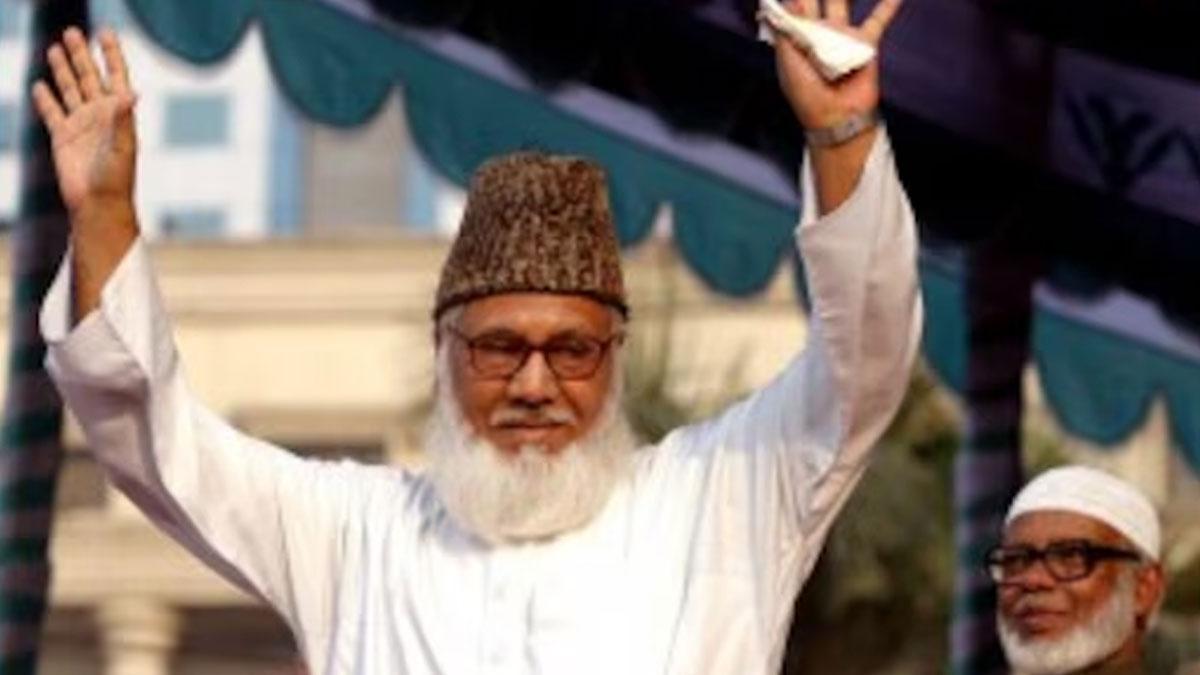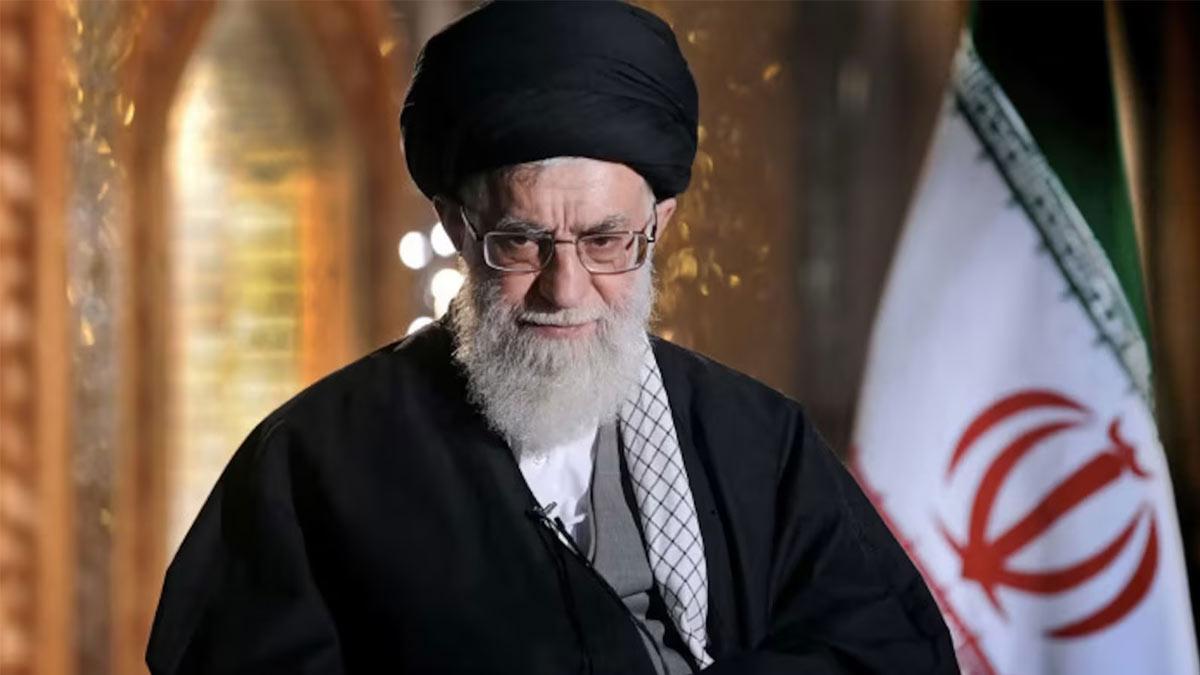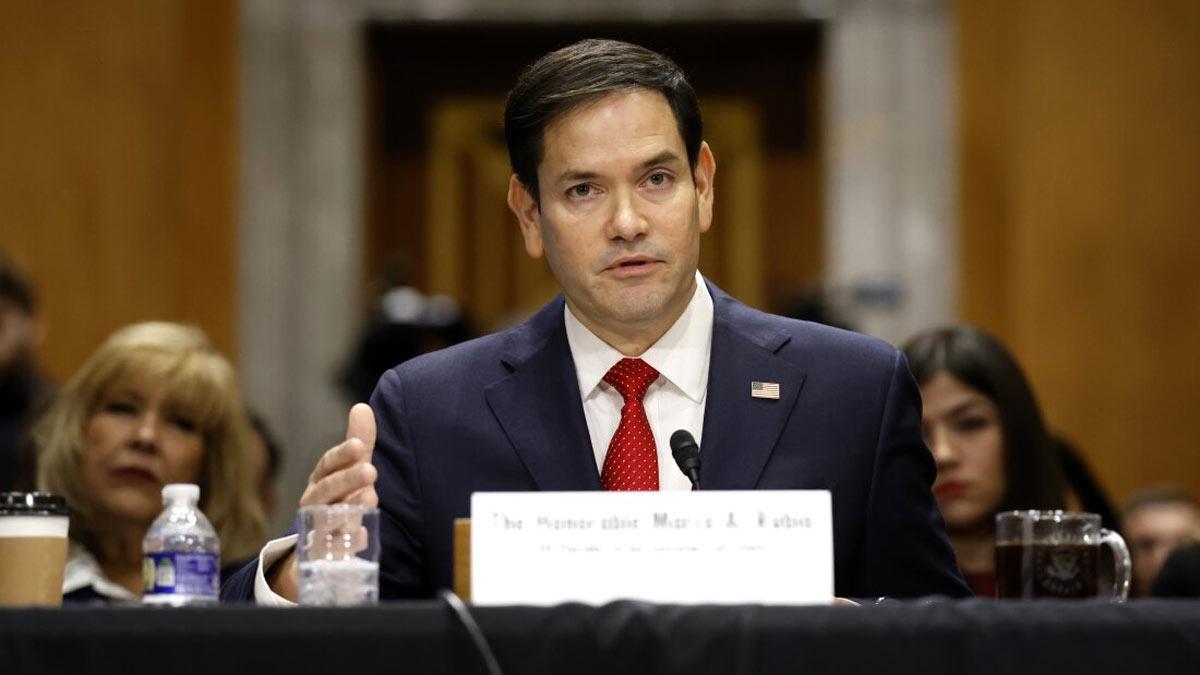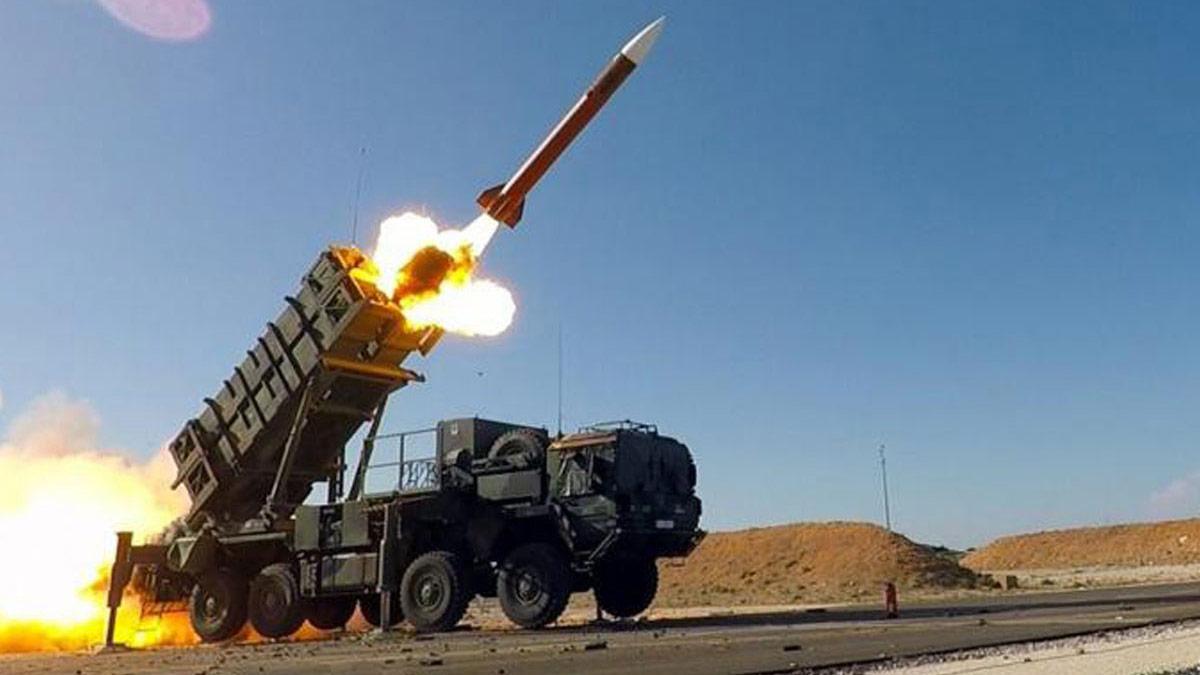Shafiqur Rahman, the leader of Bangladesh Jamaat-e-Islami, has expressed his party’s desire for stable and harmonious relations with India but emphasized that India needs to reassess its foreign policy towards its neighbors. He stressed that mutual relations should not involve interference in each other’s domestic affairs.
In an interview Rahman, the Ameer of Bangladesh Jamaat-e-Islami, advocated for strong ties between India and Bangladesh. However, he also underscored the importance of Bangladesh maintaining robust and balanced relationships with global powers such as the US, China, and Pakistan, while moving past historical grievances.
Rahman, 65, criticized New Delhi's view of Jamaat-e-Islami as anti-India, describing it as a misinterpretation. He clarified, “Jamaat-e-Islami is not against any country; it is a wrong perception. We are pro-Bangladesh and are solely interested in safeguarding the interests of Bangladesh,” and stressed the need for a shift in this perception.
The Jamaat-e-Islami leader also commented on former Prime Minister Sheikh Hasina’s departure to India following unrest. He suggested it would have been preferable for her to return to Bangladesh to address legal matters. “India is our neighbor, and we want a good, stable, and harmonious bilateral relationship. However, India has done a few things in the past that did not sit well with the people of Bangladesh," Rahman noted. He cited an incident from the 2014 Bangladesh elections, where an Indian diplomat allegedly tried to influence the election process, which he found unacceptable. Rahman expressed hope that India would eventually reconsider its foreign policy approach towards Bangladesh to avoid interfering in internal matters.
Rahman emphasized that Jamaat-e-Islami desires a friendly and responsible role from India in their bilateral relations, asserting that cooperation should replace interference. “Working together and interfering are two different things. Working together has a positive connotation, whereas interference is negative. Bilateral ties should mean cooperation and mutual respect. India is our closest neighbor; we share both land and sea borders, so we should have good ties as you cannot stay away from your neighbor,” he told PTI in Dhaka.
He acknowledged that while Jamaat-e-Islami had previously engaged with the Indian establishment, these interactions waned during the last 16 years of Awami League rule. Rahman remains optimistic about re-establishing effective relationships with India.
Regarding allegations that Jamaat activists attacked Hindus in Bangladesh, Rahman dismissed these claims as “baseless” and attributed the negative image of Jamaat-e-Islami to a hostile media campaign. Despite facing severe repression from the Sheikh Hasina government, Rahman asserted that Jamaat-e-Islami remains active and supported by the people.
On relations with Pakistan, Rahman expressed a desire for balanced ties and emphasized the importance of maintaining stable relationships with all neighboring countries, including India, Pakistan, Nepal, Myanmar, Bhutan, and Sri Lanka.
Addressing diplomatic relations with global powers, Rahman highlighted the need for balanced interactions with nations like the US and China, given the interconnected nature of the modern world.
Regarding the recent flooding in Bangladesh, Rahman criticized India for not informing Bangladesh before releasing water from a dam, which exacerbated the flood situation. He argued that while India should not be blamed for the heavy rains, advance notice could have helped manage the crisis better. “We believe this dam should not be there at all, and water should be allowed to follow its natural course,” he said.
His comments come amid reports from Dhaka blaming India for the floods in Bangladesh. Monsoon rains and upstream conditions have severely impacted Bangladesh, causing significant casualties and affecting nearly three million people. The interim government in Bangladesh faces considerable challenges as it navigates this crisis.
India has recently refuted allegations that the flood situation was caused by the opening of a dam on the Gumti River in Tripura, describing such reports as factually incorrect. The Indian Ministry of External Affairs has stated that floods in shared rivers are a mutual problem that requires close cooperation to address.
Rahman also remarked on Sheikh Hasina’s departure to India, suggesting, “It would have been better if she had not fled. I don’t want to use the term extradition, but we believe she should return and face the law in Bangladesh.” After a surge in anti-government protests, Hasina resigned on August 5 and relocated to India. The interim Bangladeshi government has revoked the diplomatic passports of Hasina and her former Cabinet members.
Rahman confirmed that Jamaat-e-Islami will participate in future elections in Bangladesh. “We believe the interim government should be given time, but it should not be indefinite. We will clarify our position on the timing of fresh elections in due course. But whenever elections are held, we will participate,” he said.
Read also | Five New Murder Cases Lodged Against Ousted Bangladesh PM Sheikh Hasina
Read also | Ukraine Reports Capture of 100 Settlements in Russian Territory


















